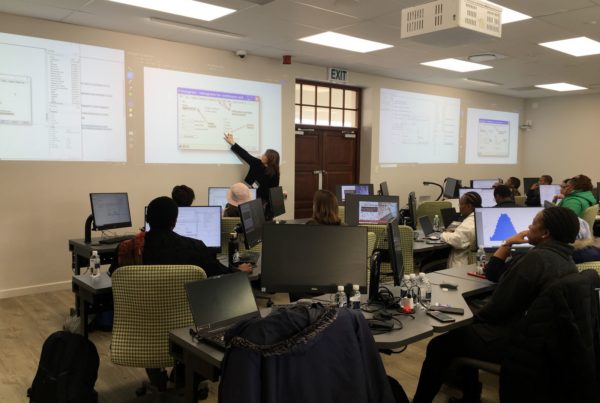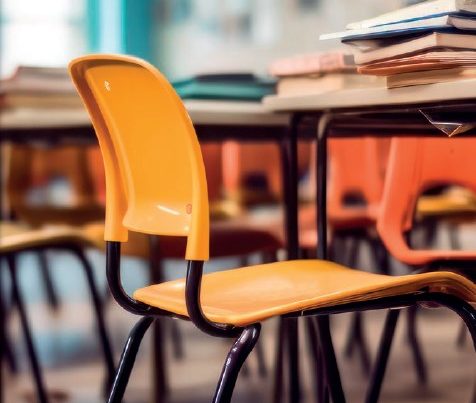A recent RESEP report, Learning Losses from COVID-19 in the Western Cape has received significant media attention, including features in CityPress, SABC, News24, eNCA, Newzroom Africa, and Rapport.
The following was published on Business Day, on 25/05/2022.
SA’S RESPONSE TO COVID-19 HAS REVERSED ALL THAT, ERASING A DECADE OF PROGRESS
SA’s education system was struggling to deliver the basics even before Covid-19 struck. Barely one in five children could read for meaning by the end of grade 4, only 42% of the children who were in grade 2 in 2009 passed matric a decade later, and SA ranked near the bottom of international tests for maths and language.
The pandemic amplified all those problems. Worse still, it hit children from poor households hardest. Research has steadily accumulated during the past year confirming the worst fears of critics who questioned the government’s decision to maintain school closures and rotational learning long after other parts of the economy opened up. Pupils lost an estimated 155 school days in 2020 and 2021, roughly three-quarters of a school year.
The latest research on the pandemic’s effect on learning paints a devastating picture. Using data from the Western Cape’s systemic tests of maths and language skills in 2019 and 2021, the Research on Socioeconomic Policy group at Stellenbosch University found that learners in grades 3, 6 and 9 were on average a year behind where they should be. The study was so large — it included 80,000 state schools — that its findings are likely to be true across SA, they said.
The learning losses were most keenly felt in maths, with performance plunging in all the assessed grades. But the slide in language abilities is just as concerning because of its implications for future learning. If children cannot read for meaning, they cannot cope with a curriculum based on this skill. In grade 3 alone, for example, the average maths score fell from 59.5% to 50.7% between 2019 and 2021, while the average language score dropped from 42.4% in 2019 to 38.7% in 2021.
In the poorest schools, the decline was even worse. This is hardly surprising, as remote learning was out of reach for the most vulnerable children.
The Stellenbosch study confirms the grim findings of two 2020 studies of early grade reading in Mpumalanga and the Eastern Cape. The Mpumalanga study of 130 schools found learning losses of 79% among grade 4s in home language reading, and 52% in English first additional language. The Eastern Cape Funda Wande evaluation found learning losses of between 53% and 68% in home language reading among grade 2s.
Before the pandemic, SA’s education system was slowly improving, with steady if modest gains in international test scores for maths and language. SA’s response to Covid-19 has reversed all that, erasing a decade of progress.
Children were least likely to die from Covid-19, yet they will pay the price for years to come, with diminished prospects of finishing school, pursuing tertiary education and getting a decent job. In the early stages of the pandemic, it was reasonable for the government to close schools as part of its strategy to limit human contact to slow transmission of the virus. But as scientific understanding of how the virus is transmitted evolved, it became clear that schools were not hotbeds of transmission, and that teachers were more likely to get infected from their interactions with other adults — inside and outside the school gates.
The Stellenbosch team has rightly urged the government to trim the curriculum so that extra time can be set aside to focus on the gateway subjects of maths and language. But it is going to be a tall order.
Consider the grade 9 pupils of 2021, who were performing more than a year behind grade 9s of 2019. They are now in grade 10 and need to catch up a full year before they write matric; that means they must learn as much in three years as previous cohorts did in four. At the other end of the schooling system is a group of children in the foundation phase who urgently need to acquire strong reading skills.
The onus is now on the government to ensure children have an opportunity to catch up. For, without a decent education, they will be doomed to a lifetime of unemployment and dependence on welfare grants.







